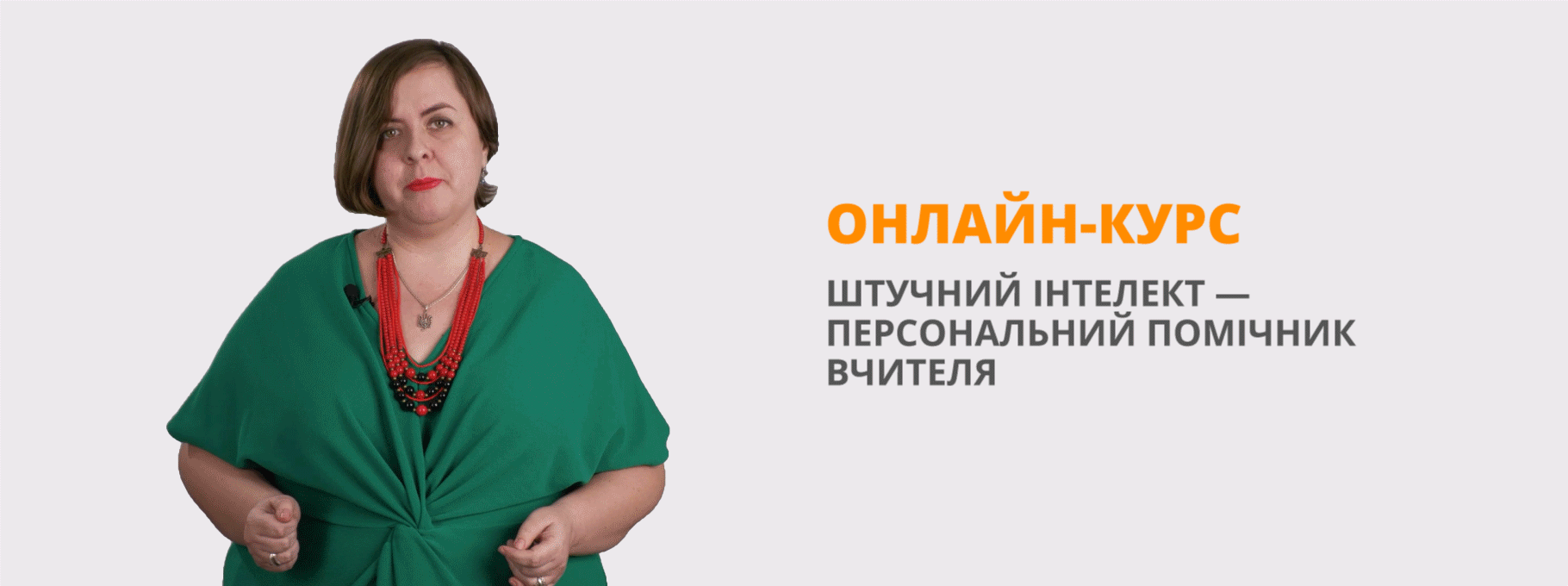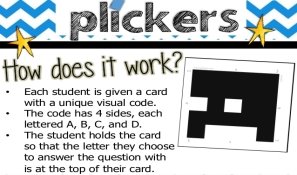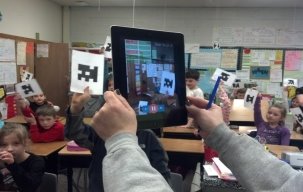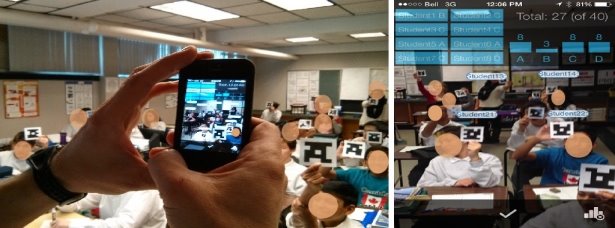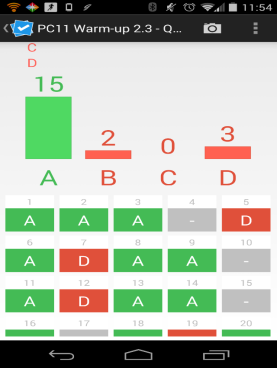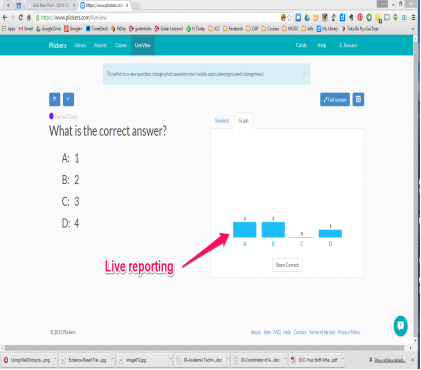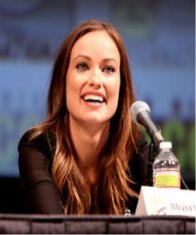Природні катастрофи. Умовні речення 2 типу.
Урок 2. Природні катастрофи. Умовні речення 2 типу.
Тип уроку: урок засвоєння навичок та вмінь.
Мета уроку:
освітня: закріпити лексику за темою «Природні катастрофи», оволодіти правилами побудови та використання умовних речень 2 типу;
навчальна: практикувати вживання умовних речень 2 типу, удосконалювати навички аудіювання, читання, говоріння;
розвиваюча: творче мислення, розвивати мовні здібності, здібності логічно висловлюватись; використовувати інформаційні технології для вивчення англійської мови;
виховна: формувати зацікавленість у вивченні англійської мови, працьовитість, виховувати уважність.
Учні повинні:
знати: правила побудови та використання умовних речень 2 типу;
вміти: вживати умовні речення 2 типу в різних мовленнєвих ситуаціях.
Обладнання: комп’ютер з інтернет з’єднанням, телевізор, підручник “Solutions Pre-intermediate”, second Ukrainian edition, картки з завданням, картки Plickers, смартфон/планшет.
Хід уроку.
- Привітання. Розмова з учнями. (2 хвилини)
T: Good morning students. How are you today?
Ss: We are fine. Thank you. And how are you doing?
T: Oh, I am fine too. Thanks for asking. Well, I want to tell you that today we continue our topic connected with natural disasters and environmental protection. So first of all I want to check how well you remember the main types of natural disasters. For that I have a great tool, which you really like – plickers test.
- Відтворення та корекція опорних знань учнів за темою «Природні катастрофи». (10 хвилин)
Перевірка проходить за допомогою інтернет-ресурсу plickers. Вчитель завчасно відкриває сторінку сайту (https://www.plickers.com/liveview), на якій видно запитання тесту і список класу.
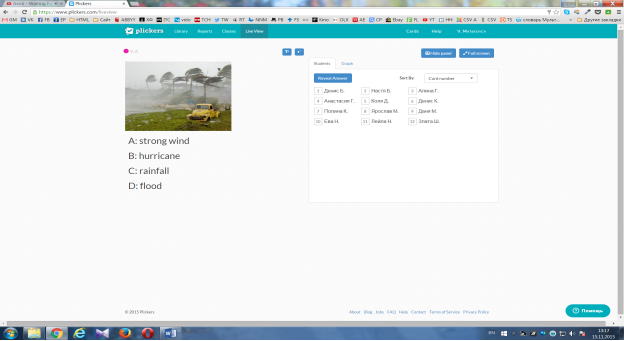
Учням роздаються картки, за допомогою яких вони будуть обирати правильну на їхній погляд відповідь, а вчитель скануватиме результати за допомогою додатку plickers на смартфоні чи планшеті.
|
|
|
|
|
|
Результати сканування одразу можна побачити на смартфоні (1) та на екрані комп’ютера. (2)
|
|
|
|
|
|
Учитель підбиває підсумки (яке слово було найскладнішим, яке найлегшим, чи запам’ятали як правильно писати слова). Якщо хтось з дітей відповів вірно на всі 12 запитань, він миттєво отримує 12 балів.
T: Well, first, according to the results we have the winner. And it is _____. So she/he gets 12 immediately. Secondly, as far as I can tell, some of you still have spelling problems with the word _____. So you will have to learn how to spell it correctly.
- Перевірка домашнього завдання. (5 – 10 хвилин)
За бажанням учні (2-3) зачитують свої доповіді щодо природної катастрофи. При цьому учні, що слухають, повинні підібрати назву до кожного повідомлення. Інші здають свої доповіді. (Якщо бажаючих більше, можна визвати їх наприкінці уроку, якщо залишиться час).
Учитель каже, що, якщо учні чують помилки в доповіді, вони повинні занотувати їх на листочку або в зошиті, і лише після того, як їх однокласник закінчить читати, підняти руку і зробити ремарки.
T: It looks like you have learnt your new vocab very well. So now it is time to check how well you have coped with another part of your hometask – reports. I will ask two or three volunteers to read out their reports, and the rest of the class will have to listen to them carefully and try to make up the headlines for their reports. If you hear any mistakes while your classmates are reading, please, do not interrupt them. Write out whatever mistake you hear and only after he or she finishes put up your hand and give your remarks.
- Презентація граматичної теми уроку. (3-4 хвилини)
Учитель нагадує, що попередня тема, яку учні вивчали, була пов’язана з наукою і винаходами людства. Та питає, чи пам’ятають вони, що одним з найважливіших винаходів є електрострум. Тоді учитель просить учнів в парах обговорити, що б вони робили, якщо б їм довелось прожити тиждень без електроструму. Кожна пара повинна обрати 3 речі, за якими вона сумувала б найбільше. Обговорення триває 1 хвилину, а потім один із пари повідомляє результати.
T: Not so long ago we discussed the best inventions ever. Do you remember which ones you named? If I am not mistaken, all of you agreed that electricity is something we cannot live without. So now I want you to imagine that you have to live without it for one week. And discuss together with your neighbor which three things you would miss, if you lived without electricity for one week.
- Вивчення нового граматичного матеріалу. (5-10 хвилин)
- Учитель пропонує учням прочитати текст POWER UP! та відповісти на запитання: який зв’язок є між акторкою Олівією Уайлд та сонячною енергією. (Олівія Уайлд підтримує доброчинну організацію Power Up Gambia, яка постачає сонячну енергію для лікарень в Гамбії )
T: Now you are going to read a short text quickly. It is not necessary to translate every word. When you finish, you just have to tell me what connection there is between Olivia Wilde and solar power. (She supports Power Up Gambia, a charity that provides solar energy for hospitals and health clinics in The Gambia.)
|
|
If you went to hospital and there were no electricity, you would be amazed. You'd probably feel scared, coo! But in some of the world's poorest countries, hospitals often have no power. Doctors sometimes perform operations by candle light! If they had electric lights, these operations would be easier and safer. Power Up Gambia is a charity that provides solar energy for hospitals and health clinics in The Gambia. West Africa. Its most famous supporter is Olivia Wilde, star of the American TV show House. If I were a superhero, I'd want electrical power in my fingers,' Olivia once said. Perhaps supporting Power Up Gambia is the next best thing.
|
- Поки діти читають текст, учитель виписує на дошку речення з тексту POWER UP! Та робить в ньому позначки:
If you went to hospital and there were no electricity, you would be amazed.
(Якби Ви зайшли до лікарні, а там не було б електроструму, Ви були б здивовані.)
Після того, як діти відповіли на запитання після прочитання тексту, вчитель звертає їх увагу на дошку. Задає питання, до якого типу відноситься це речення. Спираючись на попередні граматичні знання, учні відповідають, що це умовне речення, так як в ньому є частка if - якщо.
T: Now, I want you to look at the board, read the sentence, which I have written on it, and tell me what type of a sentence it is.
S1: I think it is a conditional sentence because it has “if” in it.
Вчитель підтримує відповідь і просить навести приклад умовного речення першого типу та записати його на дошці. Учні наводять приклад та записують на дошці.
T: You are right. It is a conditional sentence. Not so long ago we discussed Conditional one. Can anyone think of an example?
S2: If hurricane strikes a town, it will leave many people homeless.
(Якщо ураган налетить на місто, він залишить багато людей без домівок.)
T: Good. Write it on the board, please.
Тепер на дошці два речення:
- If you went to hospital and there were no electricity, you would be amazed.
- If hurricane strikes a town, it will leave many people homeless.
Вчитель просить учнів подивитись на ці два речення і сказати в чому граматичні відмінності між ними. (в реченні а. після частки if дієслово вжито в минулому часі, а в реченні b. в теперішньому; в другій частині речення а. вживається допоміжне дієслово would, а в реченні b. допоміжне дієслово will). Учитель ставить запитання до учнів в чому різниця?
T: Great. Now look at the board and at the underlined words. Can you tell me what difference there is between these two sentences?
S3: In the first sentence, there is a past tense verb after if, and in the second sentence, we have a present tense verb.
S4: There is also “would” in the second part of sentence a, and “will” in the second part of sentence b.
T: Yes. You are quite right. But do you know why it is so? What is the main difference between these two sentences?
Учні відповідають, що в другому реченні йде мова про реальну ситуацію, яка цілком можливо відбудеться, і про наслідки, які вона буде мати. (це головна ознака умовних речень першого типу – реальна ситуація і її наслідки, за умови, якщо вона відбудеться).
Щодо першого речення, учні роблять припущення, що ми говоримо про щось нереальне (Чи бачили ви лікарню без електроструму?) тому наше речення виглядає інакше. І виводять правило, що умовні речення другого типу використовуються в англійській мові, якщо ми говоримо про уявну ситуацію, яка навряд відбудеться та про її результат. Також учні виводять правило, що в умовних реченнях другого типу ми використовуємо дієслово в формі неозначеного минулого часу в одній частині речення, а також допоміжне дієслово would в другій.
S5: Sentence b tells us about a real situation that may happen. That is why we use Conditional 1 in it.
S6: And I can hardly imagine a hospital without electricity. So, maybe, sentence a. describes an imaginary situation. That is why we use different tenses.
T: You are absolutely right. Sentence be tells us about an imaginary situation, which is “If you went to hospital and there were no electricity”, and its result “you would be amazed”. And this is what we call Condional 2 sentences.
Well, then, maybe, you can tell me how we form sentences of such type.
S7: I think we can draw the following formula:
if + Past Simple, would + to infinitive
(учні записують приклади та формулу творення умовних речень другого типу в зошити).
- Первинне використання отриманих знань. (5 хвилин)
Вчитель пропонує учням виконати завдання на картці індивідуально. Підібрати кінцівку до речень та поставити дієслова, що в дужках, в правильну форму.
T: Let’s have some practice with second conditional. You will get cards on which you will find the sentences. You have to match the beginnings with the endings and put the verbs in brackets in the correct form.
|
|
|
Відповіді: 1-d, 2-a, 3-c, 4-e, 5-b. |
|
Учні виконують завдання індивідуально, потім перевіряють з сусідом, і після цього всім класом.
- Застосування знань з метою засвоєння навичок. (5-7 хвилин)
- В командах по 4 учням пропонується заповнити пропуски в тексті дієсловами в правильній формі. Перед цим учень зачитує назву тексту “Green light for bikes!” (Велосипедам зелене світло.) і просить вгадати, яку ідею несе в собі текст. Треба дійти висновку, що ідея в тому, щоб держава зробила більш безпечні умови для велосипедистів.
T: Now you are going to work in groups of four. Your task will be to read the text, which is called “Green light for bikes!” What do you think is its main idea? (T has to elicit the answer that the text is saying that the government should make it safer to cycle.)
T: Now you are ready. Take your texts. The fastest team, which will have correct answers, wins.
Task: fill in the gaps in the text with the correct form of the verbs below:
|
Be, be, not be, build, cycle, do, improve, not think, travel, use. |
Green light for bikes!
I believe our country 1__________a better place to live if the government 2__________ more to help cyclists. Al the moment, cycling on busy roads is dangerous. If the government 3_______ more cycle paths, the roads 4_______safer. More people 5_________ to school or work if they 6_________ it was dangerous. If more people 7_______ by bike, the roads 8_______ so busy.
Cycling is also a good form of exercise. If people 9________ more, their health 10______.
|
Відповіді:
|
|
- Підбиття підсумків. Повідомлення домашнього завдання. (3-5 хвилин)
Вчитель повідомляє домашнє завдання та оцінки за урок.
T: Well, thank you very much for the game and for the lesson. Today you were excellent students and learnt a lot. So here is your hometask for the next lesson:
- WB, p. 77, ex.2, 5, Challenge.
- Make notes on what you would do in the following situations.
- If you could have any job in the world …
- If you saw a ghost …
- If you found an expensive watch in the street …
- If you didn’t have to go to school …
- If you won a million dollars …
- If you saw your friend stealing from a shop …
- If time travel were possible …
- If the world were flat …
- If money didn’t exist …
- If you were British …
ДОДАТОК
Для відпрацювання вживання умовних речень другого типу можна використати наступну граматичну гру:
Гра: Шоу «Хто піде зі мною на побачення?»
Вчитель обирає одного хлопця/дівчину, який/яка обиратиме собі пару для побачення, і трьох претенденток/претендентів відповідно. Інші учні – глядачі в студії. Головний герой виходить з класу, щоб не чути, що говорять інші учні. Тим часом претенденти на побачення обирають, ким вони хочуть бути – обов’язково хтось відомий. Аудиторія придумує запитання, використовуючи умовні речення другого типу. Коли всі готові, головний герой заходить в клас. Він задає запитання, які приготувала аудиторія, кожному претенденту на побачення. А претенденти повинні дати повну відповідь, так, як би це зробив їх персонаж. гра продовжується до тих пір, поки головний герой не вгадає, хто є хто з претендентів.
For this game T chooses one bachelor and three bachelorettes. The rest of the students are the audience. The bachelor leaves the classroom and the rest of the students write the questions for the bachelorettes using second conditional.
If you could take me anywhere in the world, where would you take me?
If this were our last night on Earth what would you want to do?
The bachelorettes are choosing their characters – any famous personalities, like Snow white, Lady Gaga, Hillary Clinton, etc.
When they finish choosing their characters, the bachelor comes back in the classroom and he can interview all bachelorettes.
The teacher says: “Welcome to the dating game. Ok, our wonderful bachelor, what’s your first question?”
He chooses any question from the list that “the audience” have prepared and asks the full question to a bachelorette “If you could take me anywhere in the world, where would you take me?” And she has to answer with a full sentence. Bachelorette 1:“If I could take you anywhere in the world, I would take you to Washington D.C. because that’s where I live”. Bachelorette 2:“If I could take you anywhere in the world, I would take you to the forest where I live with the seven dwarfs.”
He asks them questions until he guesses who the bachelorette is. When he guesses all three, the game is over.
Картки з завданням:
- Текст для читання.
|
|
POWER UP! If you went to hospital and there were no electricity, you would be amazed. You'd probably feel scared, coo! But in some of the world's poorest countries, hospitals often have no power. Doctors sometimes perform operations by candle light! If they had electric lights, these operations would be easier and safer. Power Up Gambia is a charity that provides solar energy for hospitals and health clinics in The Gambia. West Africa. Its most famous supporter is Olivia Wilde, star of the American TV show House. If I were a superhero, I'd want electrical power in my fingers,' Olivia once said. Perhaps supporting Power Up Gambia is the next best thing.
|
- Вправа для первинного використання граматичного матеріалу
|
|
- Вправа на засвоєння граматичного матеріалу.
|
Be, be, not be, build, cycle, do, improve, not think, travel, use.
|
|
Green light for bikes! I believe our country 1__________a better place to live if the government 2__________ more to help cyclists. Al the moment, cycling on busy roads is dangerous. If the government 3_______ more cycle paths, the roads 4_______safer. More people 5_________ to school or work if they 6_________ it was dangerous. If more people 7_______ by bike, the roads 8_______ so busy. Cycling is also a good form of exercise. If people 9________ more, their health 10______.
|
- Ситуації для домашнього завдання.
- If you could have any job in the world …
- If you saw a ghost …
- If you found an expensive watch in the street …
- If you didn’t have to go to school …
- If you won a million dollars …
- If you saw your friend stealing from a shop …
- If time travel were possible …
- If the world were flat …
- If money didn’t exist …
- If you were British …
- Картки для тесту Plickers.
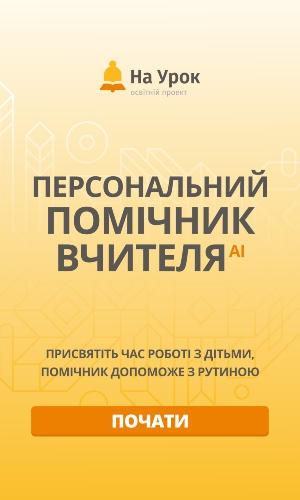

про публікацію авторської розробки
Додати розробку
